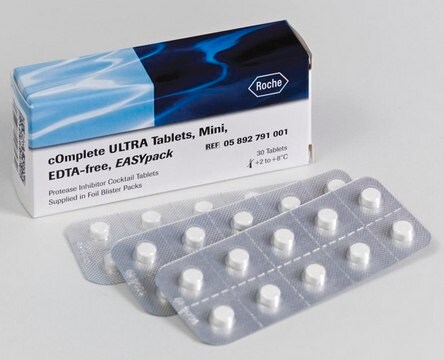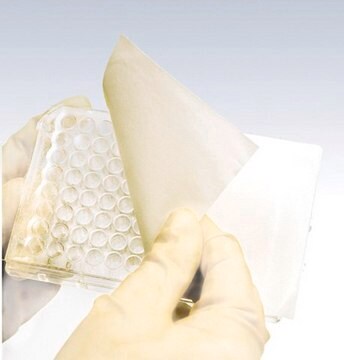16-282
Anti-Phosphotyrosine Antibody, clone 4G10®, Magnetic Bead Conjugate
clone 4G10®, from mouse
About This Item
Productos recomendados
biological source
mouse
Quality Level
antibody form
purified antibody
antibody product type
primary antibodies
clone
4G10®, monoclonal
species reactivity (predicted by homology)
all
technique(s)
immunoprecipitation (IP): suitable
isotype
IgG2bκ
shipped in
wet ice
target post-translational modification
phosphorylation (pTyr)
Gene Information
human ... PID1(55022)
General description
Specificity
Immunogen
Application
Signaling
General Post-translation Modification
Quality
(Lane 2).
Target description
Physical form
Storage and Stability
Note: DO NOT FREEZE
Analysis Note
NIH3T3 whole cell lysate stimulated with 50 ng/mL PDGF (5 minutes)
Legal Information
Disclaimer
¿No encuentra el producto adecuado?
Pruebe nuestro Herramienta de selección de productos.
Storage Class
12 - Non Combustible Liquids
wgk_germany
WGK 2
Certificados de análisis (COA)
Busque Certificados de análisis (COA) introduciendo el número de lote del producto. Los números de lote se encuentran en la etiqueta del producto después de las palabras «Lot» o «Batch»
¿Ya tiene este producto?
Encuentre la documentación para los productos que ha comprado recientemente en la Biblioteca de documentos.
Nuestro equipo de científicos tiene experiencia en todas las áreas de investigación: Ciencias de la vida, Ciencia de los materiales, Síntesis química, Cromatografía, Analítica y muchas otras.
Póngase en contacto con el Servicio técnico








